The Spirit Helps Us in Our Weakness: A Review of God, Sexuality, and the Self
Sarah Coakley’s important book recommends prayer as a way to an incorporative model of the Trinity.
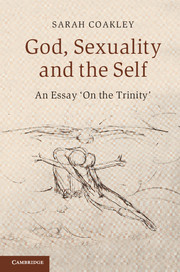
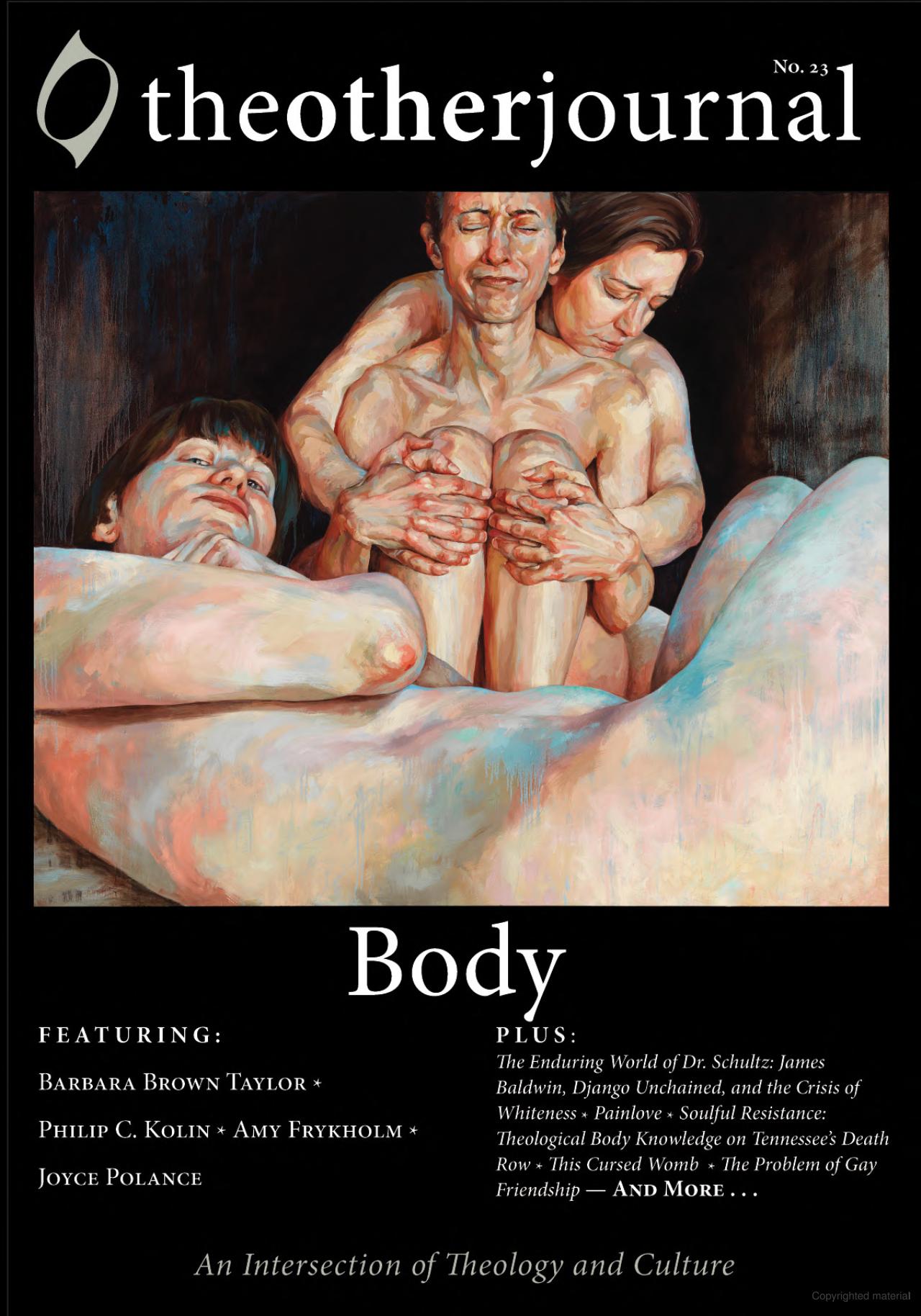
Scripture invites us into a different relationship with our bodies than our Greco-Christian worldviews, a relationship that sees our bodies as intrinsic to a holistic faith. In other words, to be faithful is to view the body as good and as essential to our worship and creaturely existence. For this, our twenty-third issue, we explore how this perspective might in- form our sense of romance and sexuality, our relationship with pain and technology, and the ways our bodies betray us and help us to see the world and God differently.
Sarah Coakley’s important book recommends prayer as a way to an incorporative model of the Trinity.

This article discusses the purity culture of the Southern Baptist Church and its potential ramifications upon women’s self-identifying sexuality.

Tyler McCabe grieves the death of his cousin and considers how the body conducts pain.

My mother idolized the pampas grass and my father idolized the peppers that fell when I was born.
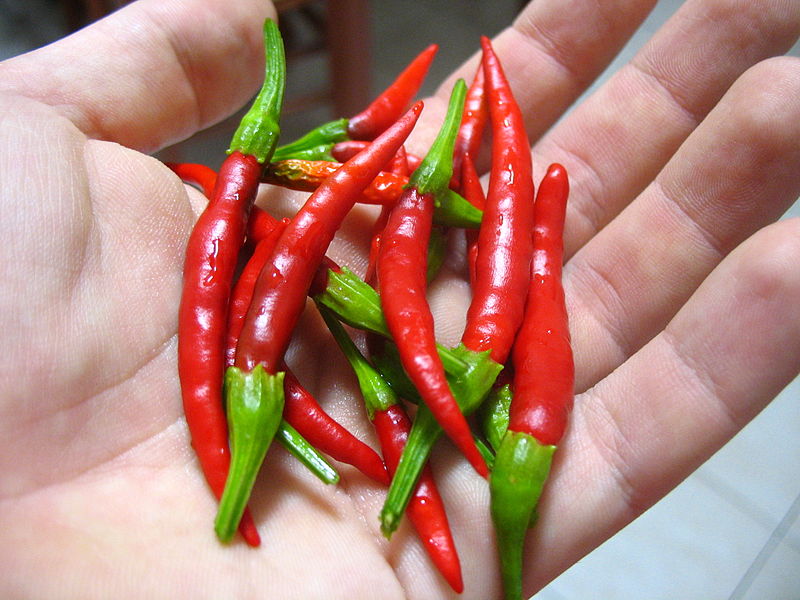
Nicole Johnson offers some theological reflections from women who have experienced the trauma of miscarriage.
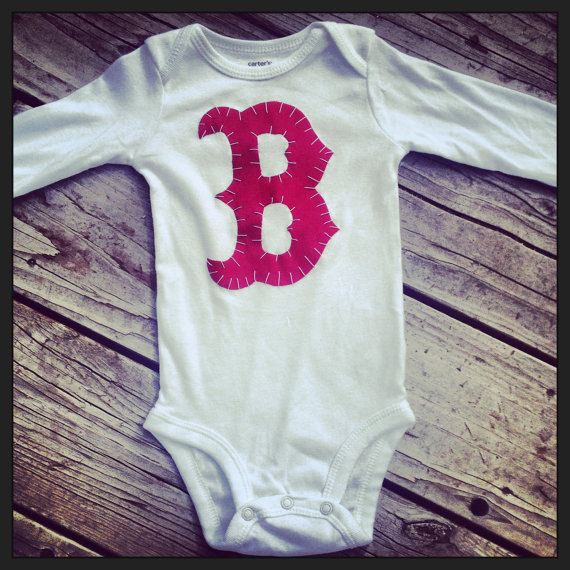
How we treat our relationship to the cycle of nutrients—the food that goes into our bodies and leaves it—has more to say about our view of incarnation than do most of our creeds.

A look at recent work from artist Joyce Polance, who explores through female nude figurative paintings the emotional curvature and complexity of women in friendship and life together.

Andrew Kuzma on how the Christian view of the body compels the acceptance of genetic enhancement.

Taking human embodiment seriously requires more than a simple affirmation of the body’s moral weight—it requires a robust account of practices.

In this poem by Rebecca Lauren, a granddaughter recalls a missing family member.

Amanda Barbee on how the purity movement cloaks female sexuality in silence and shame, stunting women in their growth as sexual beings and causing long-lasting psychological and spiritual damage.

The fertility gap between the religious and nonreligious will be a primary factor in the reversal of Western secularization, argues Joshua Ramos.
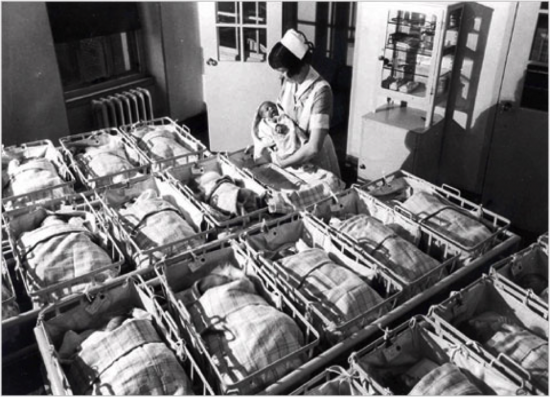
Jesus isn’t scared of vaginas. He came out of one.
In the second part of his two-part essay, Andrew Krinks continues his essay on why being human on Tennessee’s death row demands being more than just a body; it demands soulfulness.
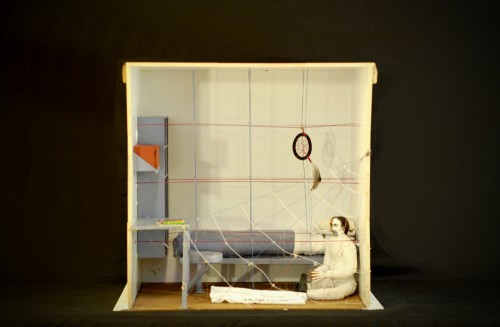
In this poem by Rebecca Lauren, Eve speaks of creation.

In this two-part essay, Andrew Krinks explains that to be human on Tennessee’s death row demands being more than just a body; it demands soulfulness.

This essay explores the space between the physical and the spiritual where the Eden curse still interferes and casts a visceral darkness over women today.

This poem compares the martyrdom of Emmett Till to St. Moses the Ethiopian, the patron saint of Africa; both saints share the same feast day.

Wesley Hill on whether it’s possible to reclaim a classic, orthodox Christian theology of friendship in the context of the gay Christian experience.

Alexander McQueen’s theatrical catwalks presented a conflicted sketch of a miraculous, transformed, and beautiful body consistent with what Charles Taylor has identified as the theologically haunted condition of late-modern Romanticism.

Barbara Brown Taylor discusses the revelatory power of the body and the challenges of practicing embodied faith in a twenty-first-century context.
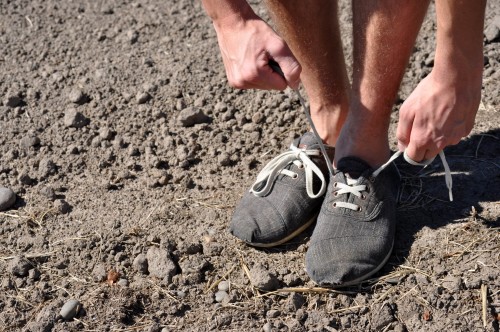
Recent attention to the body opens a discussion of bodily practices to which St. Paul contributes principles for Christian practice.

The experience of romance, says Kent Dunnington, is an intimation of our destiny as lovers.

In this essay, Collin Cornell interrogates the modern, disenchanted body and explores avenues for reenchantment through two biblical themes, law and powers.

Contemporary art maintains a provocative fascination with the body, and in recent years several key artists have explored the body’s place in the Christian tradition to disquieting ends.

In this essay, Jay Stringer argues that healing and addiction share the same architecture: repetition. The extent to which we turn to face our trauma and shame is the best predictor for the way our story will unfold.

Jocelyn Grau reviews the paintings of Justin Bower.

Julia Foote, a nineteenth-century female preacher, taught a doctrine of sanctification that refuted segregation, attended to the salvation of the whole person, and offers a pattern of embodied theological reflection for today.
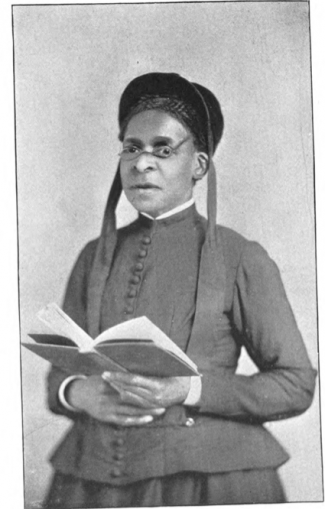
Chris Heuertz discusses how contemplative practices can help sustain activism, lead to a more holistic health, and create unlikely communities.
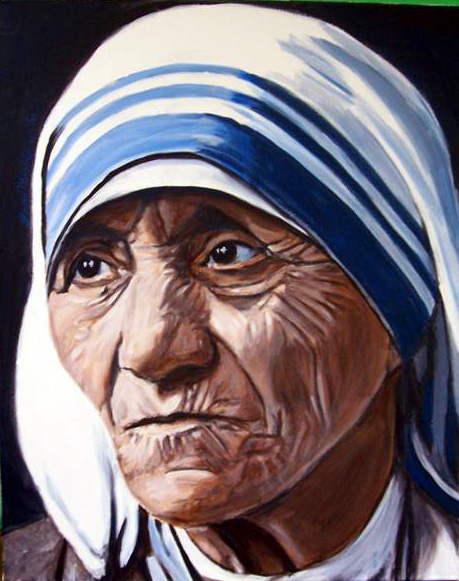
In the Eucharist we have a material practice that makes of us a social body, implicating all our eating and overeating.
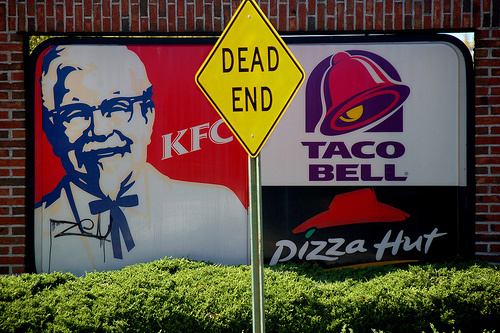
Although Christ’s incarnation affirms bodily life and face-to-face communication, it also compels the church to enter the incorporeal realm of cyberspace and to interact in digital environments.

A meeting with an Orthodox priest changes a woman’s understanding of the relationship between the spiritual and the physical.
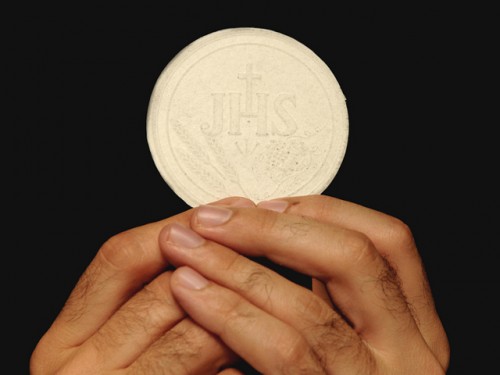
An engaging blend of memoir and cultural analysis, Emily Raboteau’s Searching for Zion tells the stories of various communities in the African Diaspora as well as her own search for home in a supposedly post-racial America.

Our Praxis editor reviews a new book by John Sexton, Baseball as a Road to God.
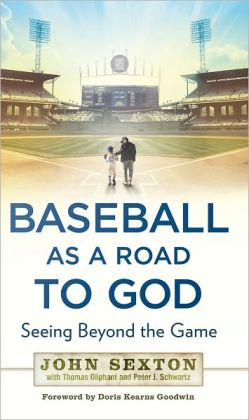
A review of Colleen Warren’s effort to construct an incarnational theory of language from Annie Dillard’s rich four-decade corpus.
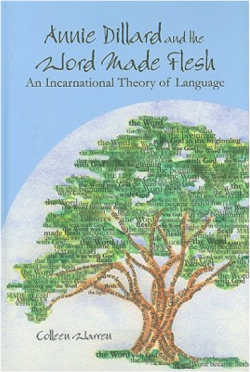
An art exhibition at a church attempts to bridge the gap between the academy and community in a North Carolina university town.

Through the lens of James Baldwin’s black intellectual imagination, Quentin Tarantino’s slave revenge fantasy, Django Unchained, becomes a terrifying allegory of white progressive identity in America today.
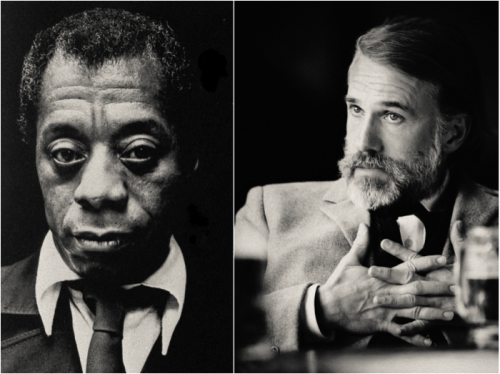
An articulation of how Rodin’s theory of the unfinished in art is embodied in his statue “Despair.”

Since the time of the early Greeks, Western thought has tended to downplay the importance of the body. By emphasizing the existence of an eternal realm of ideal forms above and beyond the material world, we have indirectly transformed the body into little more than a vessel for our true immortal souls. We may say […]
